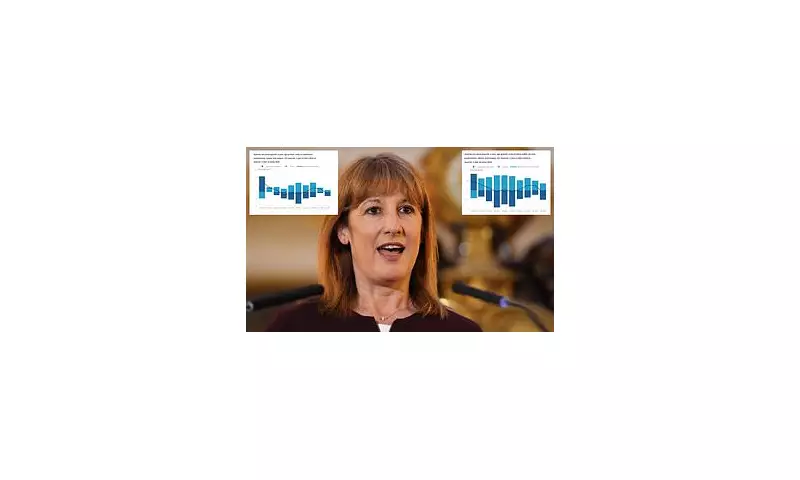
Chancellor Rachel Reeves is grappling with a deepening crisis in public service productivity as she prepares her first Budget, with alarming Treasury figures revealing that government output has stagnated while pay costs have skyrocketed.
According to analysis conducted by Treasury officials, productivity across key public services including the NHS, education and policing has shown virtually no improvement since 2019. This comes despite a massive £25 billion increase in annual spending on public sector pay under the previous Conservative government.
The Productivity Paradox
The stark figures present a major challenge for the new Labour government, which has pledged to drive economic growth while maintaining fiscal discipline. The data suggests taxpayers are getting significantly less value for money despite substantial increases in funding.
Between 2019 and 2023, public sector employment surged by 400,000 workers, bringing the total headcount to its highest level since comparable records began. However, this expansion has failed to translate into measurable improvements in service delivery or output.
Budget Dilemma
Ms Reeves now faces an unenviable choice in her upcoming Budget: either find billions in additional funding to maintain current service levels or implement sweeping reforms to boost public sector efficiency.
The Chancellor has previously emphasised that improving productivity is essential for delivering better public services without imposing higher taxes on working people. However, achieving this transformation will require confronting powerful public sector unions and overhauling entrenched working practices.
Historical Context
The current productivity stagnation continues a longer-term trend that has seen public sector efficiency lag significantly behind private sector performance. Since the 2010s, productivity growth in public services has averaged just 0.1% annually compared to 0.7% in the private sector.
This gap has widened considerably since the pandemic, with private sector productivity recovering strongly while public services continue to struggle with backlogs and operational challenges.
Political Implications
The productivity crisis threatens to undermine Labour's core election promises to improve public services while keeping taxes stable. With the Treasury facing significant fiscal constraints, Ms Reeves will need to demonstrate tangible progress on efficiency to avoid breaking key manifesto commitments.
Government insiders suggest the Chancellor is considering a range of options, including technology investment, process reform and potentially controversial changes to public sector working patterns.
The coming Budget will reveal whether Labour has found a solution to Britain's long-standing public productivity puzzle or whether taxpayers will continue funding an increasingly expensive but inefficient state.





